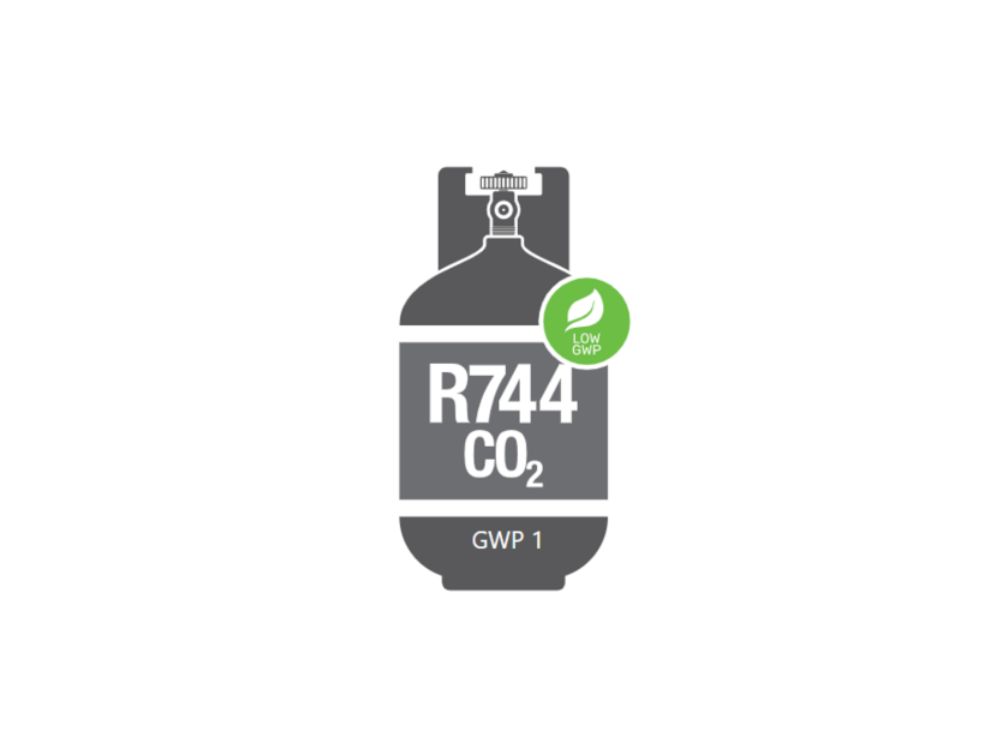
How to Futureproof Your Refrigeration System in 2025 and Beyond
As we move further into a decade defined by rising energy costs, environmental legislation, and increasing demand for operational efficiency, the need to futureproof your refrigeration system has never been greater. Businesses across sectors—from food production and retail to healthcare and hospitality—must act now to ensure their systems are cost-effective, compliant, and sustainable. At Green […]
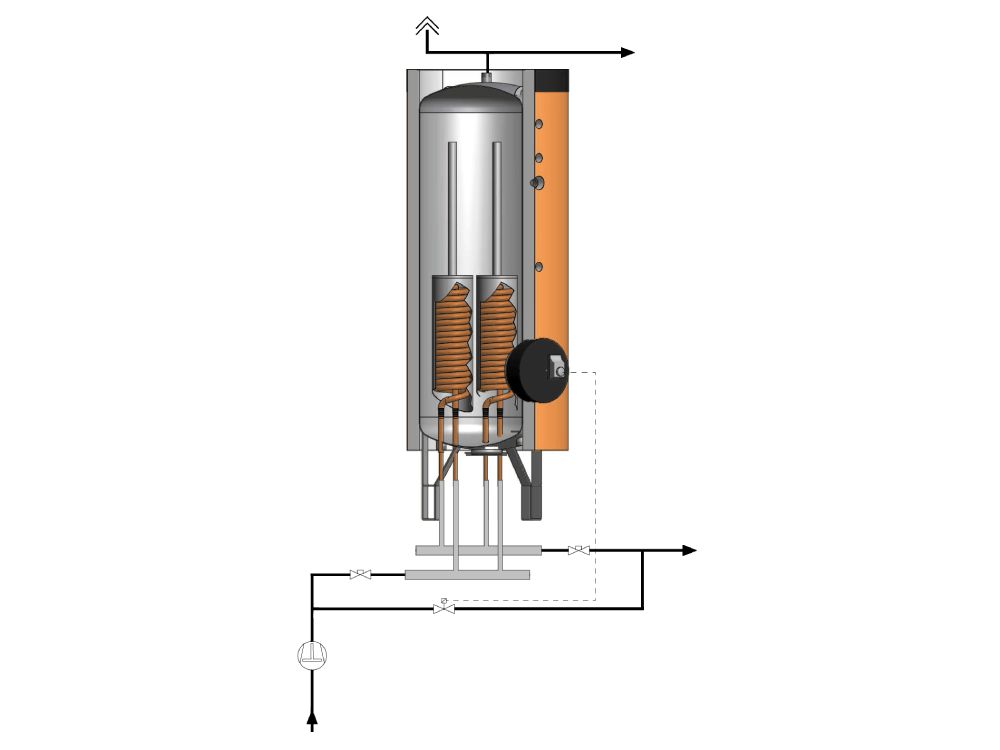
Heat Recovery in Refrigeration: Turning Waste Into Energy
In today’s energy-conscious world, businesses are under increasing pressure to operate more efficiently while reducing their environmental impact. One of the most effective—and often overlooked—ways to do this is through heat recovery in refrigeration. At Green Cooling, we specialise in turning what was once considered ‘waste’ into valuable, reusable energy that can significantly cut operational […]

Why Natural Refrigerants Are the Future of Commercial Cooling
As global industries face mounting pressure to reduce their environmental impact, the commercial refrigeration sector is undergoing a major transformation. At the heart of this shift are natural refrigerants—sustainable, efficient, and regulation-friendly alternatives to traditional synthetic gases. Whether you operate a supermarket, restaurant, manufacturing facility or healthcare centre, futureproofing your refrigeration systems is no longer […]
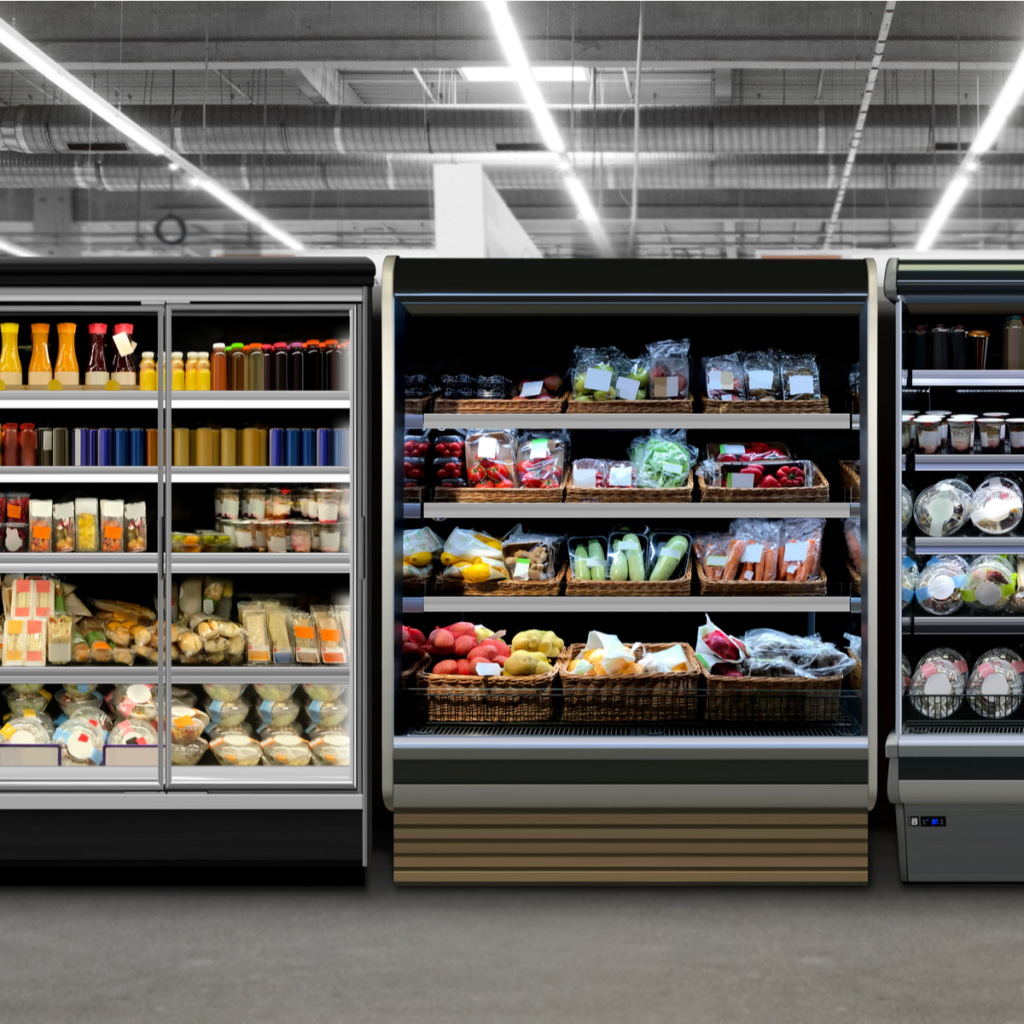
The Future of Commercial Refrigeration
In today’s fast-paced world, businesses are increasingly seeking sustainable solutions to meet their operational needs while minimising their environmental impact. Among these solutions, green commercial refrigeration is gaining traction as an essential aspect of modern business practices. Green Cooling, a market-leading specialist provider, is at the forefront of this transformation, offering environmentally-friendly, energy-efficient commercial refrigeration […]
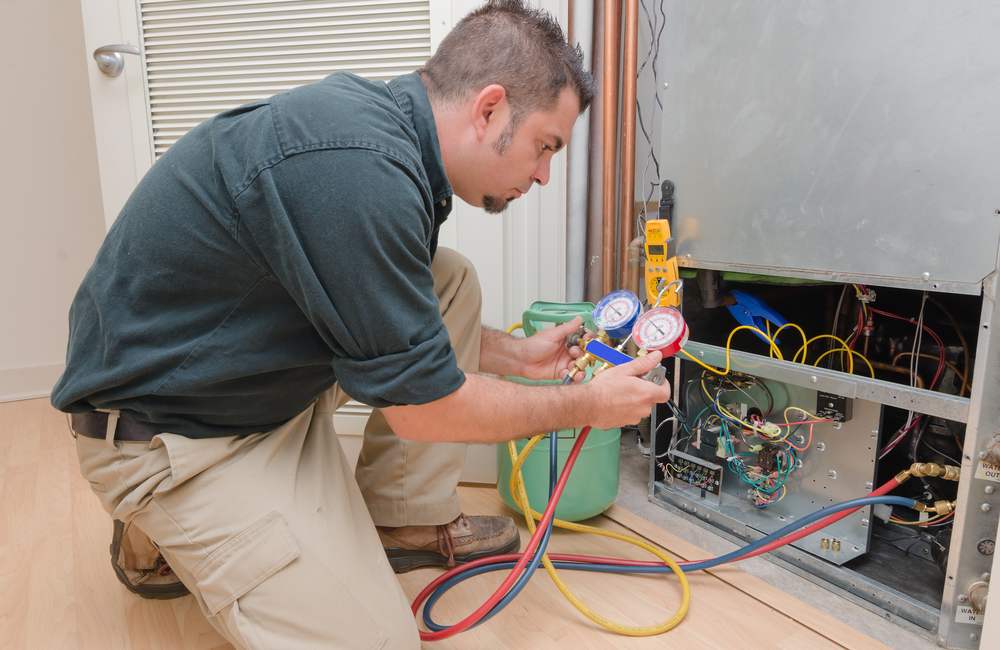
4 Common Commercial Refrigerator Faults and How to Identify Them Early
Commercial refrigerators are essential for keeping your business running smoothly, whether you operate a restaurant, café, supermarket, or food production facility. When they fail, the result isn’t just inconvenience; it can mean lost stock, food safety risks, and expensive downtime. To help you stay one step ahead, the Green Cooling team has outlined four common […]
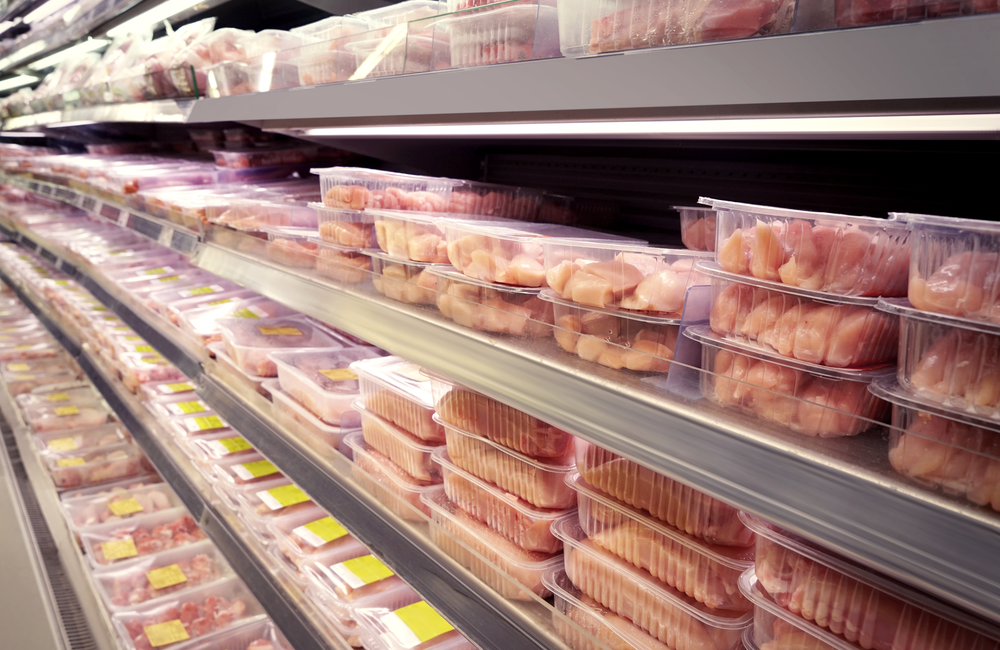
Meat Cold Storage Temperatures
Do you know the correct cold storage temperatures and procedures for chilled and frozen meat? In order to sell or serve meat that is fresh, delicious and most importantly safe, it is essential that you follow the food safety guidelines. In this article we will cover the correct meat cold storage temperatures and explore ways […]
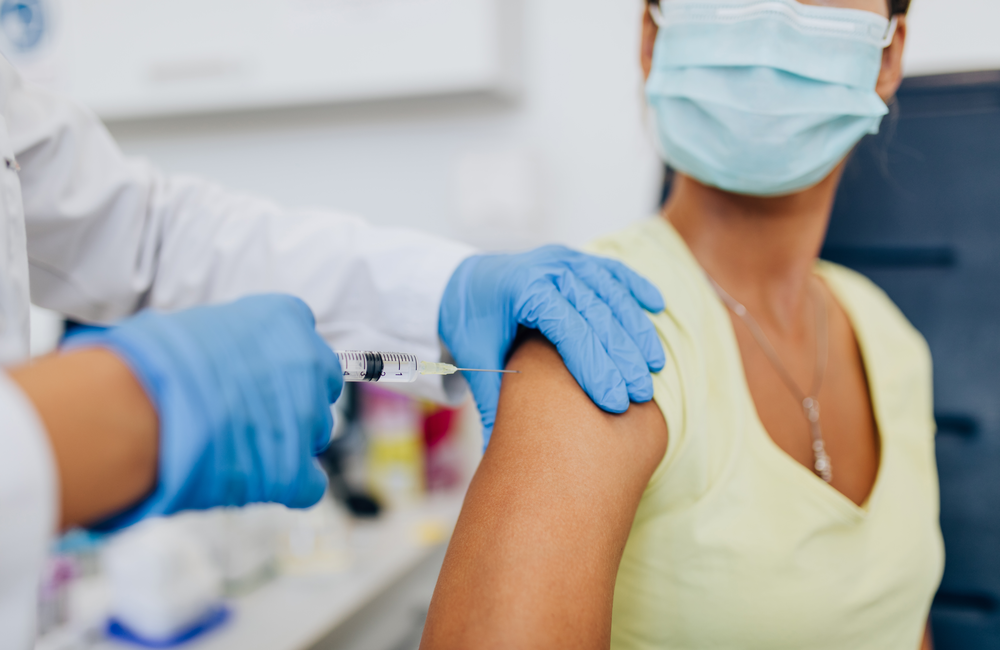
The Vaccine Cold Chain Explained
Vaccines are highly sensitive biological products that must be stored and transported at precise temperatures to maintain their effectiveness. From the moment a dose is manufactured until it reaches a patient, maintaining the correct temperature is critical to ensure potency and safety. The vaccine cold chain refers to the global network of refrigerators, freezers, cold […]
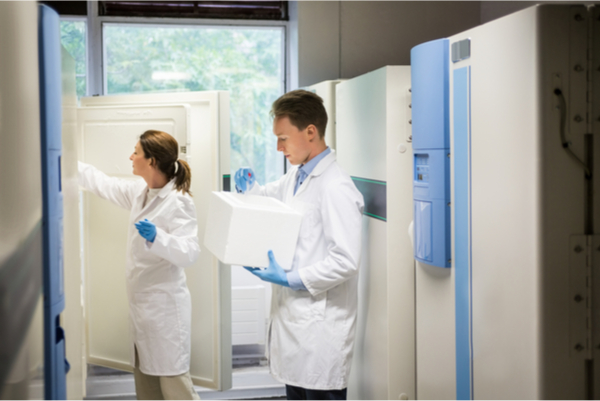
Laboratory Refrigeration
Laboratory refrigeration refers to high-precision cooling equipment designed to store sensitive samples, vaccines, medicines, and biological materials at tightly controlled temperatures. These units are built differently from domestic or catering fridges because scientific environments require absolute temperature stability, accuracy, and reliability. Laboratory fridges come in a wide range of sizes and specifications, but they all […]

A Guide To Ultra Low Freezers
Ultra low temperature freezers, also known as minus 80 freezers, are an essential piece of equipment in laboratories and certain medical facilities. They provide a way to preserve biological samples and vaccines by keeping them at very low temperatures. Their operating temperature may range from -45°C to -89°C. Several features make an ultra low freezer […]
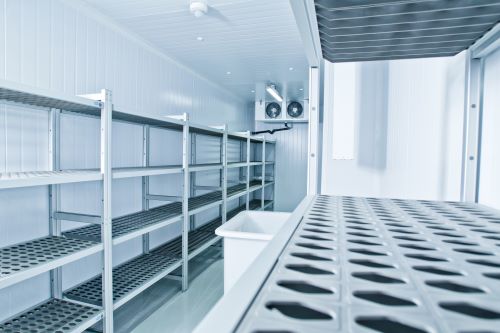
Guide To Commercial Refrigeration
Commercial Refrigeration is essential for the production, preparation and storage of food. It helps to maintain quality and more importantly, keep food at a safe temperature to limit the growth of bacteria.
